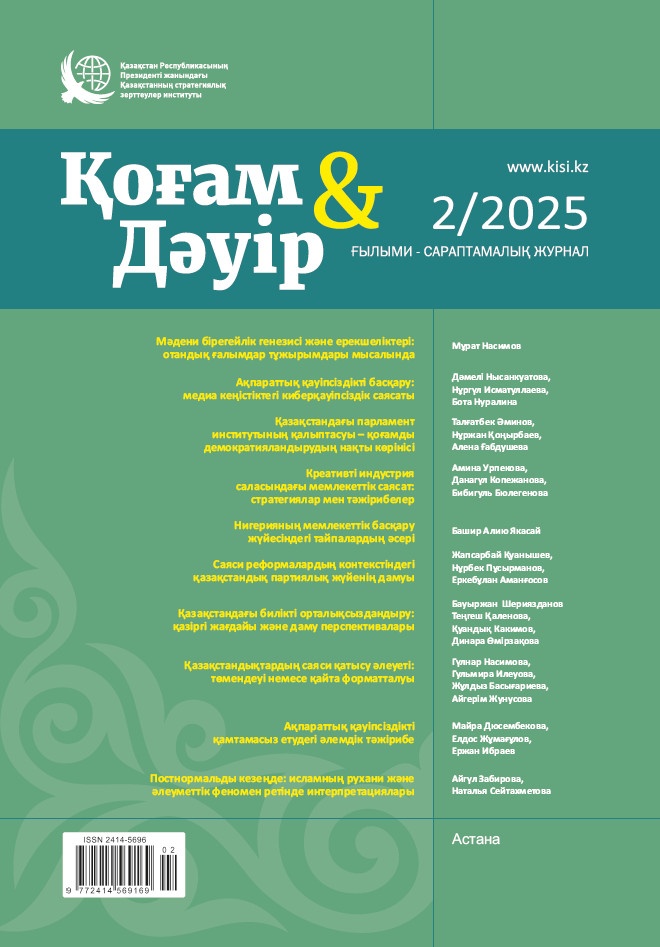Abstract
This article provides a comprehensive analysis of the development of information technologies and their role in the implementation of states' ideological objectives. The study covers the processes of digital technology integration into all spheres of society, as well as their impact on state policy and the economy. It is noted that since the mid-20th century, the rapid expansion of the information space has created new opportunities for shaping public opinion.
The authors conduct a comparative analysis of the experiences of countries such as the United States, China, Russia, the United Kingdom, South Korea, and Turkey in utilizing information technologies for ideological purposes. The significance of mass media, social networks, and digital platforms as tools of informational influence is examined.
Additionally, the article addresses issues of information security, political propaganda, and strategies for influencing public consciousness, as well as analyzing the methods employed by different countries. This research contributes to a deeper understanding of the interconnection between modern information technologies and state policy.


